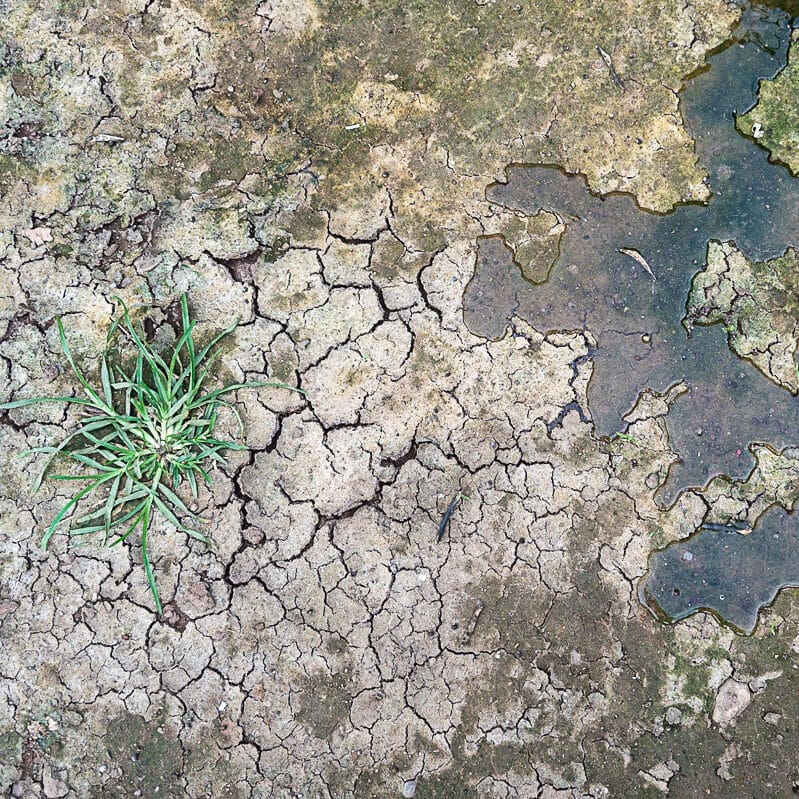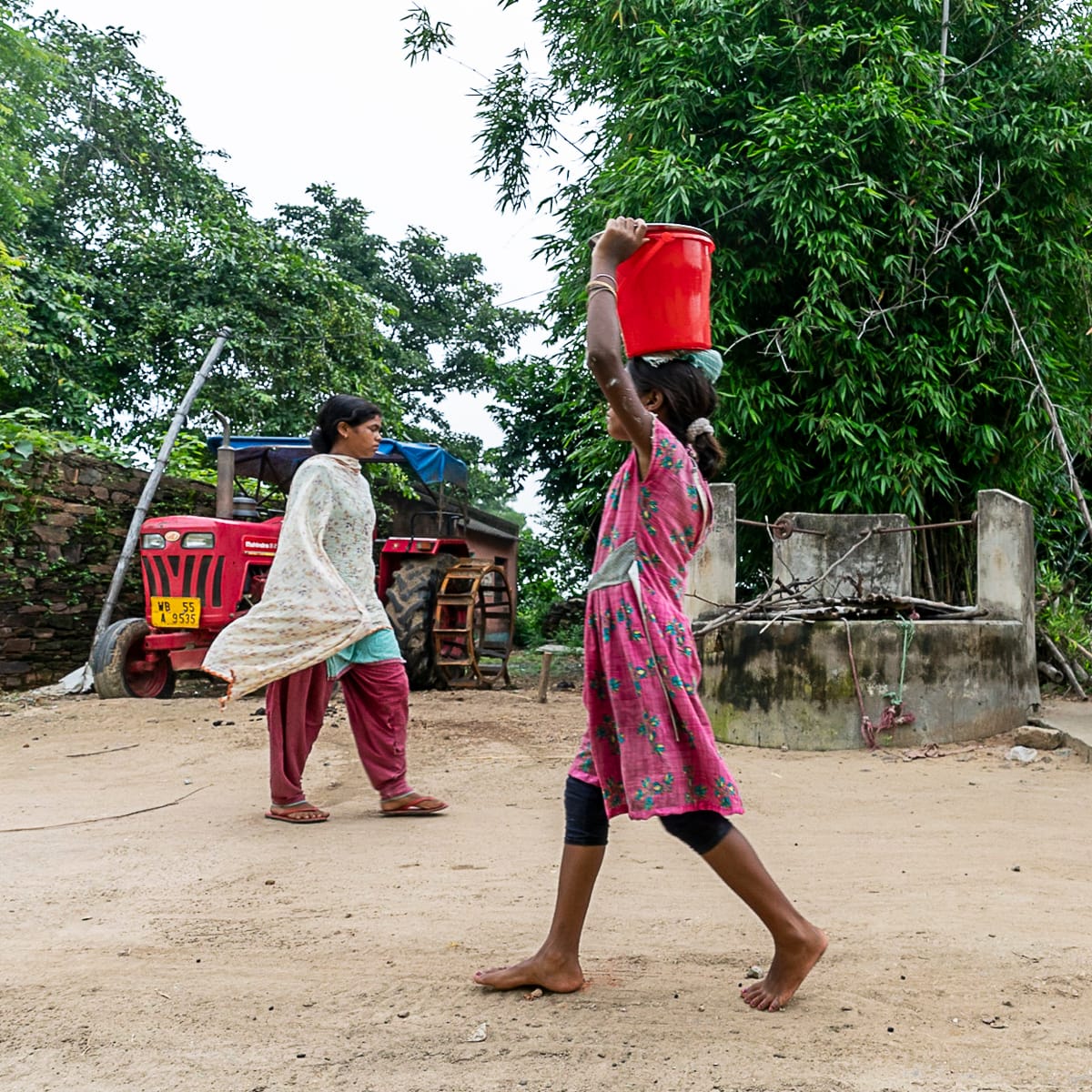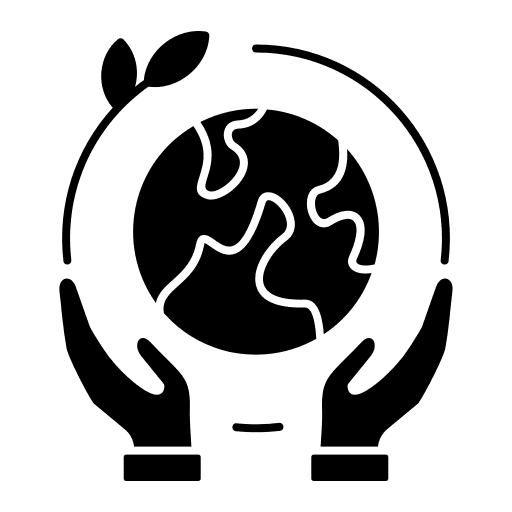
THE NEED OF THE HOUR
Not Too Late!
“It is late. We are deep in an emergency. But it is not too late, because the emergency is not over. The outcome is not decided. We are deciding it now. The longer we wait to act, the more limited the options, but scientists tell us there are good options and great urgency to embrace them while we can. […] An emergency can involve terrible loss or it can bring about magnificent transformation, and, while it’s unfolding, the outcome can be impossible to foresee. Or it can depend on what you and we do.”
– Rebecca Solnit & Thelma Young Lutunatabua (Not Too Late)
Cover Image: Cry of the Earth. © Dr. Kaushik Ghosh
Why Green Health Matters?
At the Crossroads of Planetary and Public Health
The health of our planet is inseparable from the health of its people, especially the most vulnerable. A clean environment—air, water, and access to nature—reduces disease risks and promotes mental and physical well-being. By addressing climate change and environmental inequities, we not only create healthier, more resilient communities but also safeguard against future pandemics.
Through reflections and anecdotes, we explore how addressing planetary health is essential not only for sustainability but also for reducing vulnerabilities and promoting equity in public health. Join us in understanding the critical connections that shape a healthier, fairer world for all.

60% of Diseases
can be prevented by protecting ecosystems and promoting responsible wildlife management.
7 Million Lives
could be saved annually by reducing air pollution through cleaner energy and better regulation.
250,000 Deaths
can be prevented yearly by mitigating climate change with renewable energy and climate resilience.
30% of Emissions from Agriculture
can be cut by adopting sustainable food systems, benefiting health and the planet.
1-3°C Urban Temperature Reduction
can be achieved through green infrastructure and urban tree cover.

The health of our planet and the health of our people are fundamentally interconnected. A healthy environment leads to healthy lives, and when we protect nature, we also protect ourselves.
Maria Neira
Director of the Public Health, Environment and Social Determinants of Health Department (PHE), WHO